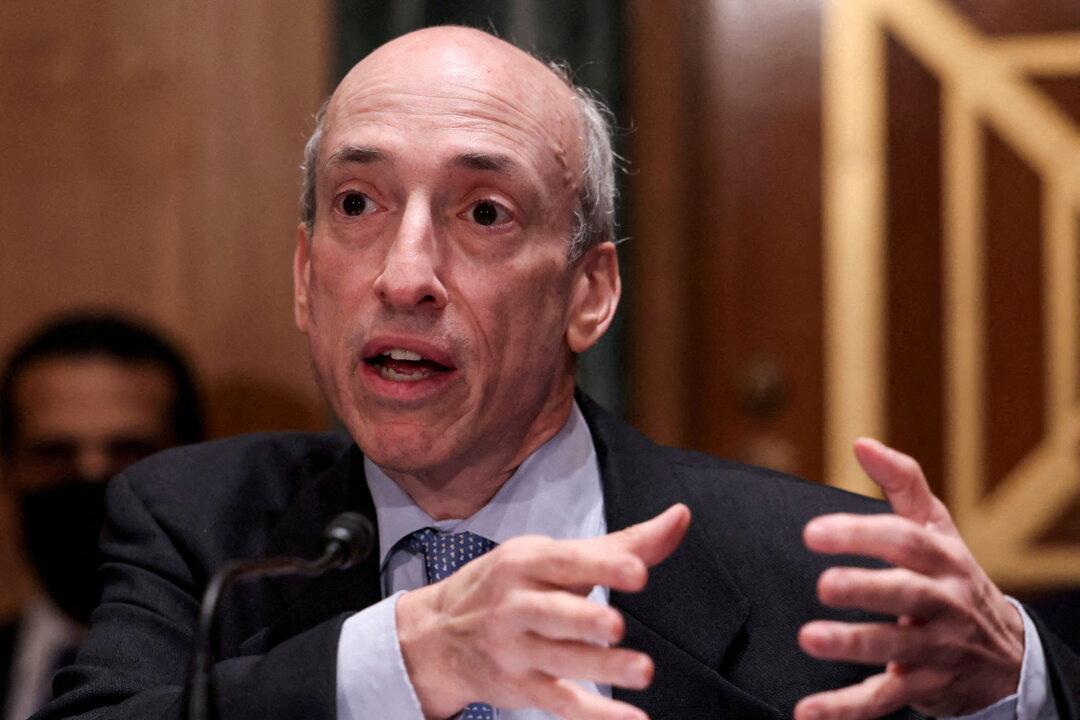Major banks such as JPMorgan Chase, Citigroup, and Bank of America are collectively facing more than $1 billion in regulatory fines, after employees used unapproved communication tools, such as private email and messaging apps like WhatsApp.
The U.S. Securities and Exchange Commission (SEC) discovered the violations after probing several banks’ record-keeping practices relating to the use of personal devices in 2021, as first reported in a previous Reuters exclusive.
The Commodity Futures Trading Commission (CFTC) is also investigating the situation as well, according to recent bank disclosures.
The investigators at the two federal agencies said they were concerned that unauthorized communications on bankers’ personal phones regarding, deals, trades, and clients would be completely lost, making it harder to look for any violations.Officials said they were repeatedly hindered by some firms for not archiving communications as required, according to Bloomberg.





